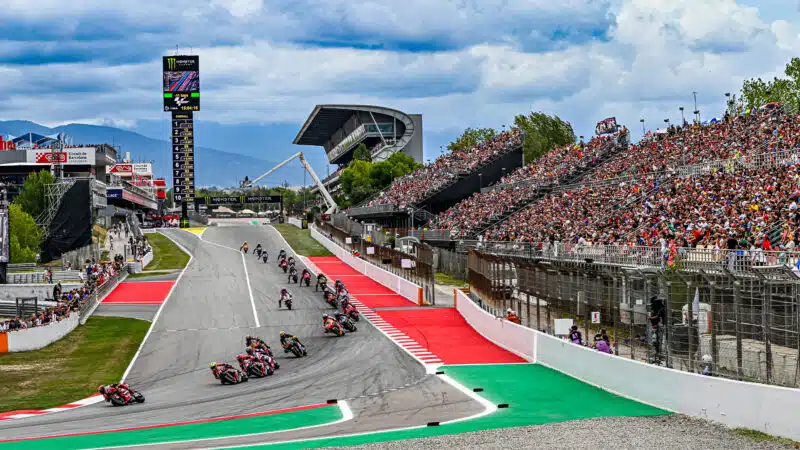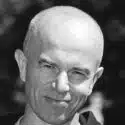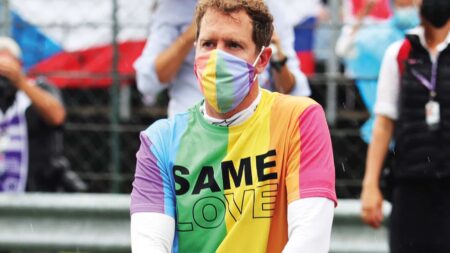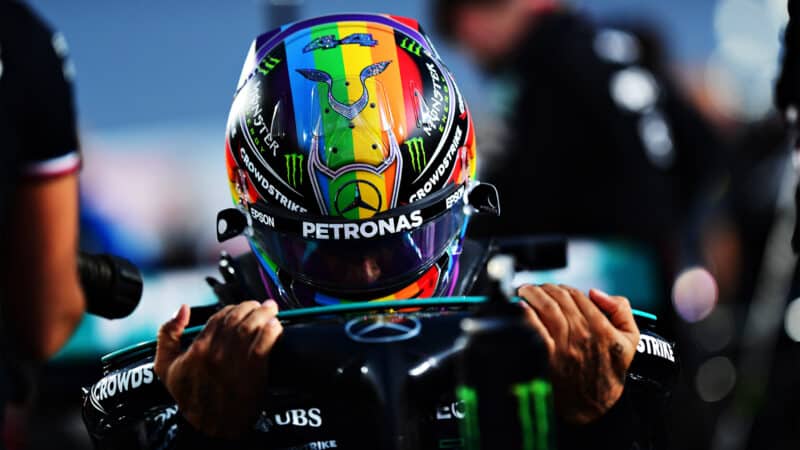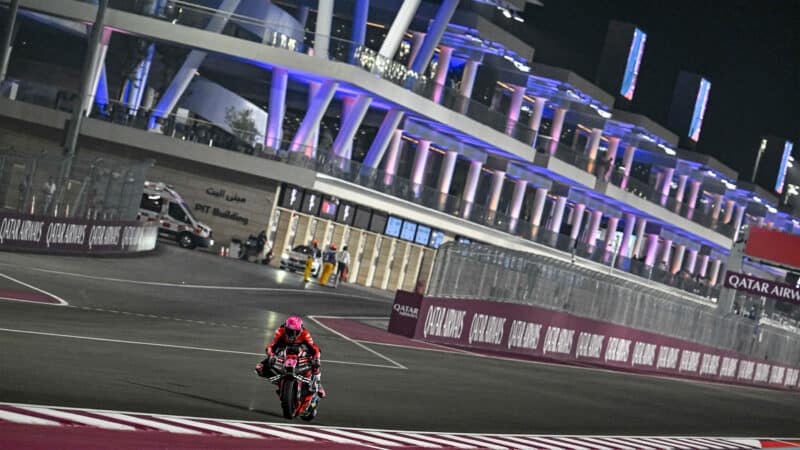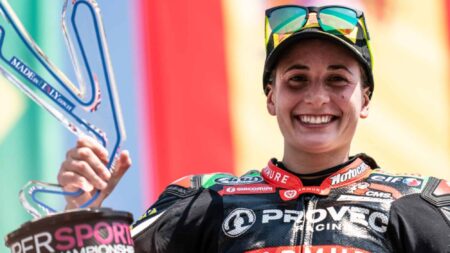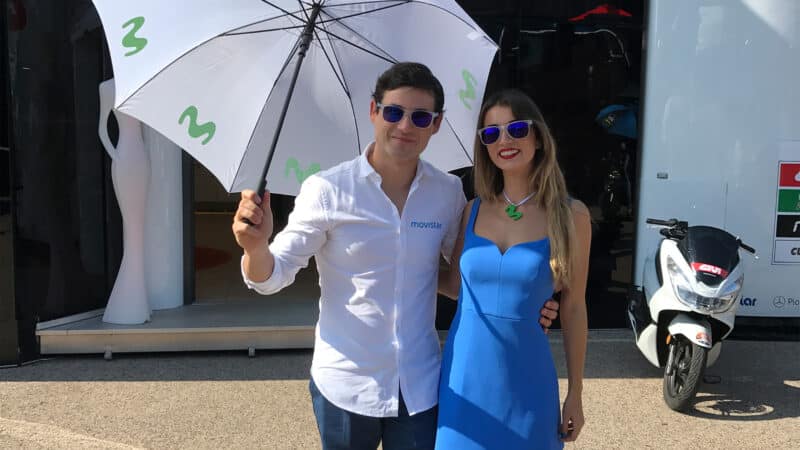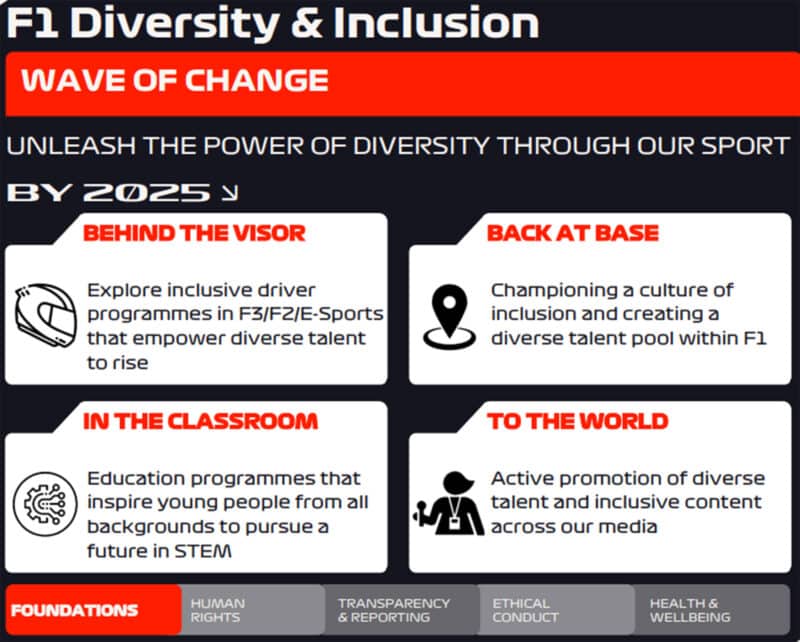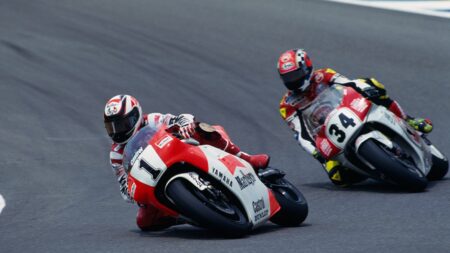And if MotoGP does take this road it won’t become like F1, or any other sport. It will still be MotoGP, with a bunch of axe murderers doing crazy things on 220mph motorcycles, but hopefully it will also be a happier place for those who currently feel excluded or are afraid to be themselves.
The first incident happened in early December when Jorge Martin used a word during a TV chat show that’s commonly used as a gay slur. We all make mistakes and Martin apologised.
“It’s true that we must eradicate those familiar phrases since times change for the better – we have to evolve in this sense,” Martin told Spanish sports paper AS.
Good on him. However, in the meantime several people around Martin rushed to his defence, attacking people who had questioned his faux pas.
This suggests that these people don’t understand who was in the wrong. They should know that top sports people, admired by millions, need to communicate well, because what they say matters in the way it’s received and perceived. It’s not difficult: you don’t speak in ways that hurt people, especially minorities.

The photo that Fabio Quartararo posted on social media. It received so much homophobic abuse that he deleted it from X. He left the photo on Instagram, with replies turned off
Fabio Quartararo/Instagram
The second incident happened just after Christmas when Fabio Quartararo posted a photograph of himself sharing a nice moment with a male friend. Happily, the vast majority of reactions on X (formerly Twitter) and Instagram were supportive, but the posts attracted so much homophobic abuse that Quartararo deleted the photo from X and turned off replies on Instagram.
It’s depressing that anyone in the paddock, let alone one of its greatest riders, should be bullied for such a thing.
Some fans reacted to the fallout by suggesting that a mountain is being made out of a molehill. They said they don’t care if a rider is gay or straight, so there’s no problem – the only problem is the few people who highlight these issues. But the only reason you are reading this is because a rider was pilloried by a vocal and vicious minority for being affectionate with another man, so there obviously is a problem.
It doesn’t matter if Quartararo is gay or straight, it’s the hatred he attracted. In 2023! This is so messed up!
